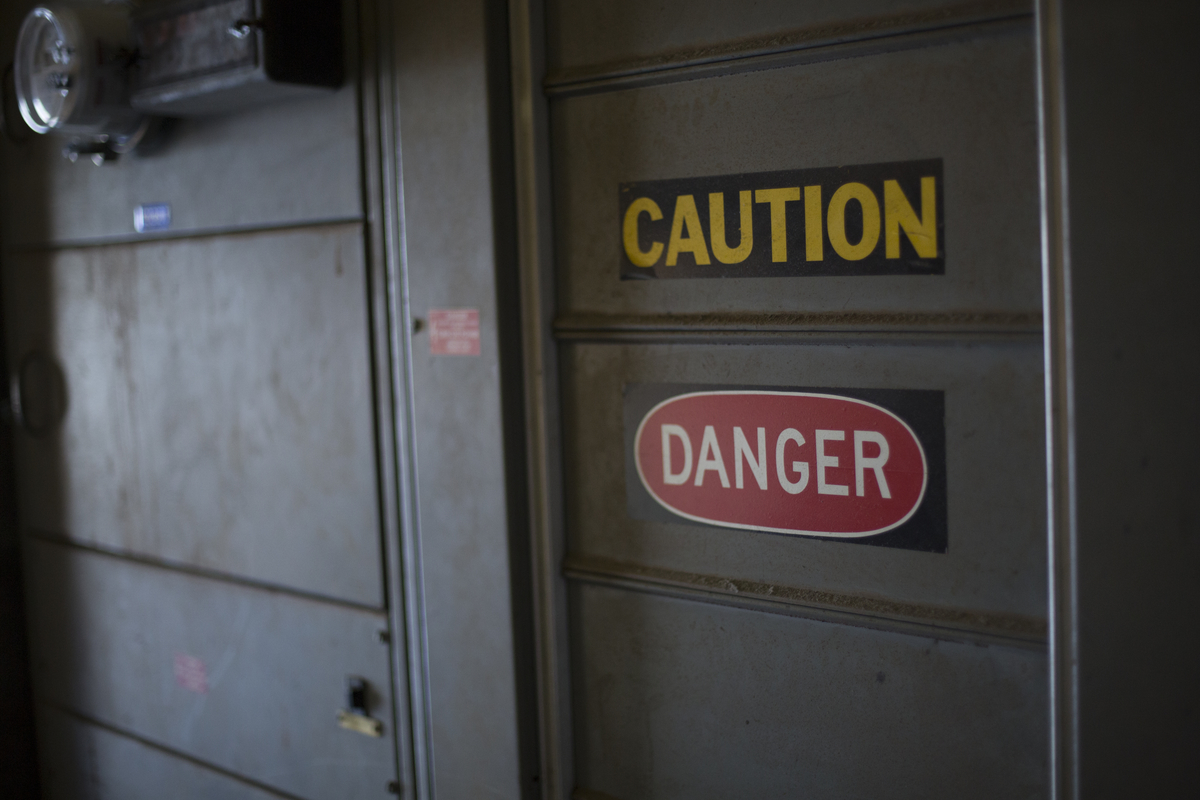Is there any difference between that approach to FGM and the approach of the drug campaigners who argue that we should “face reality”, acknowledge that illicit drugs are widely used in the community and that the police are seizing only a fraction, and – in the interests of “harm minimisation” – remove the legal penalties, officially support shoot-up galleries, and fund drug testing booths at rave parties?
I have subscribed to The Economist magazine for several years but it seems to have a blind support on important moral issues of the day. For example, it is very much pro-euthanasia and assisted suicide, and pro-abortion. When I see Leaders and articles based around those subjects I ask myself whether I should cancel my subscription but I would then miss the other articles on foreign affairs and the economy. Future issues will probably be chock a block with commentary on the Brexit decision in the UK, which will be interesting and informative.
The Economist Leader writers probably think they are being innovative and humane in coming up with a harm minimisation approach to FGM but they have exposed the real dangers of such an approach and they have actually been “hoist on their own petard”. Let me explain.
At the end of the Leader they write: “Faced with the urgency of saving 400,000 girls from severe mutilation each year, arguments without evidence are not good enough. There is only one way to find out whether FGM can be ameliorated more quickly than ended: try it and see”.
This is an admission that they do not know if their suggestion will work and that they have no evidence to support it, but “hey, let’s try it and see”.
In any other area of medicine their dangerous clinical trial would be thrown out on its ear by any reputable institutional ethics committee.
Those who advocate for harm minimisation in many areas of social policy do not appear to be particularly concerned about the flow-on effects of their recommendations. Faced with a recommendation to choose “the least nasty version” will not parents who are predisposed by custom and environment to endorse FGM, find it easy to implement the more complete and nastiest versions?
In a similar fashion, how much easier will it be when governments fund mini-diagnostic booths outside rave parties to test the “purity” of the drugs being sold, for the next step to be taken of complete decriminalisation?







